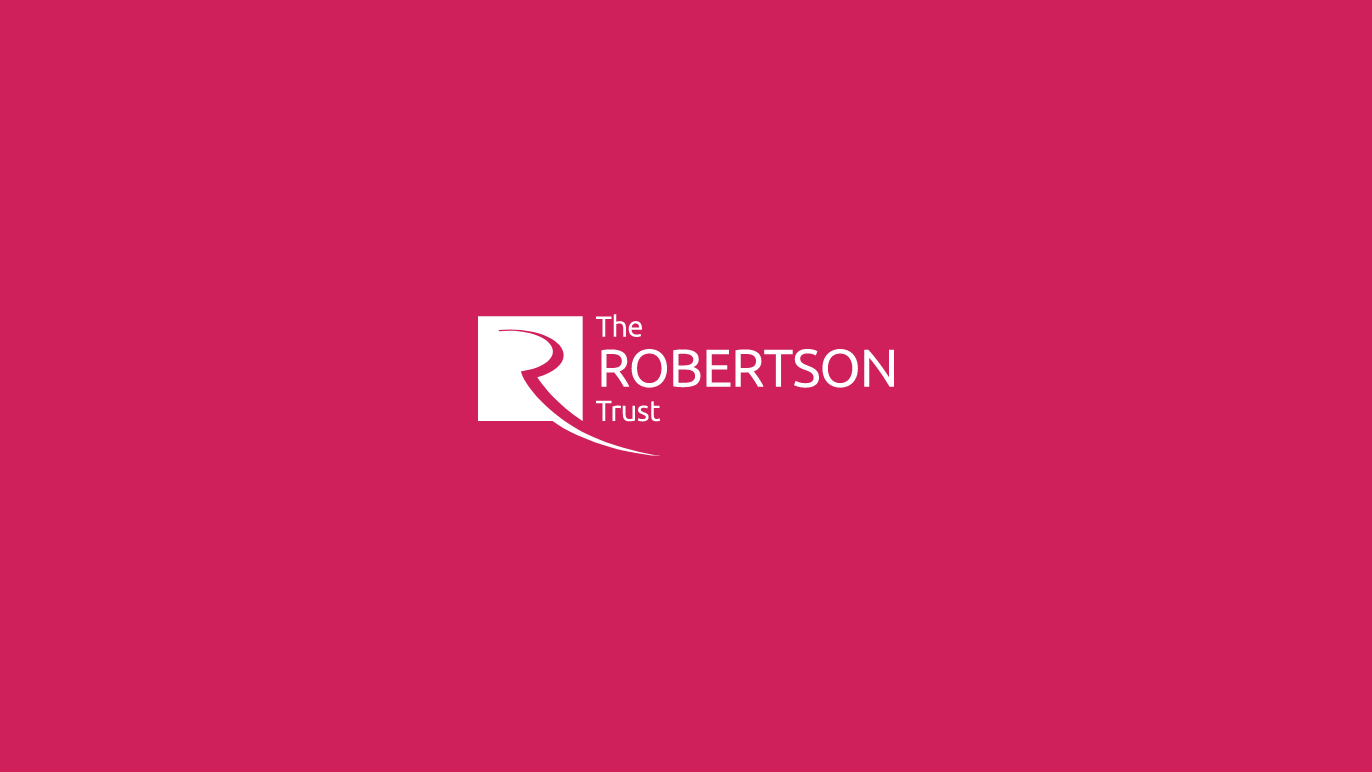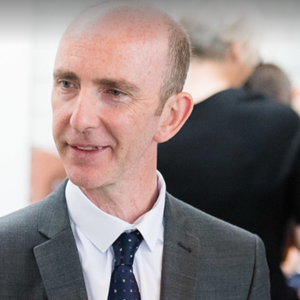"It is a privilege to be able to set The Robertson Trust’s resources to work on these challenges, without fear or favour. Setting a course for the next decade will take intelligent investing and partnering."
The Robertson Trust could not have crafted a more demanding or necessary strategy: to address poverty and trauma in Scotland over the next decade. While plans took root well before the pandemic, it is now even clearer that a global health crisis is driving an economic storm bearing down more heavily upon families struggling to keep their heads above water. This calls for an ongoing response from governments on an unprecedented scale. But it also calls for independent trusts and foundations to act in a more agile way – helping to create a lifeline for communities to pull through the storm while also charting a course which will enable people to then thrive. Almost ten years after the Christie principles were agreed, it is time to get back to preventing harm in the first place, as well as mitigating the effects.
We will not underestimate the powerful currents working against us. One is funding: SCVO and local anchor organisations have highlighted the huge income reduction facing the third sector. While the Scottish Government has acted decisively to support charities since March, we cannot be sure about the scale of risk lying ahead. As many families face a further drop in income and rising costs, there is a clear risk that donations, purchases and user fees are squeezed further. The online trade in goods produced by social enterprise may prove resilient, while services relying on face-to-face contact continue to be restricted. We also know that the ‘fourth emergency service’ of food aid and assistance with incomes and costs will be stretched, and that a challenge remains to ensure people know they can turn to the Scottish Welfare Fund and Discretionary Housing Payments to check if they are eligible for support.
A second force working against progress is fatalism. There is growing awareness that poverty and trauma are real, costly and damaging and that we have a shared responsibility to act. For example, a recent poll of 3,000 adults found 70% saying there is a lot of poverty in Scotland these days. Compassion isn’t always matched with belief that these are problems we can solve. Yet, in our recent past we made steady progress to reduce child poverty. And some of our nearest neighbours demonstrate it is possible to pull off the balancing act of good jobs, affordable housing, nurturing family support and a social security system we can all count on.
For The Robertson Trust, this means sharpening our focus on ways of working to demonstrate how positive change is possible – for families, communities and the country as a whole. Taking on poverty and trauma will mean people having enough money in their pockets to put food on the table and pay the bills without getting into debt. But it will also mean having human connections, high quality opportunities and access to support that is relational - personalised, holistic and patient – and which builds trust, wellbeing and capacity to achieve goals in life. Over the last decade - from the Christie Commission to Hilary Cottam’s Radical Help - we have learned how it is possible to achieve much better outcomes with lower cost, heartache and complexity if we are serious about designing support around people’s lives.
It is a privilege to be able to set The Robertson Trust’s resources to work on these challenges, without fear or favour. Setting a course for the next decade will take intelligent investing and partnering. There will be more core, unrestricted funding for up to five years, more flexibility on timescales and less emphasis on match-funding. The Trust’s commitment to boosting young people’s education and work prospects will continue and we invest in the infrastructure needed to help the third sector adapt to the post-Covid landscape.
But it will take more than money to get us there. We will use our convening ability to bring new alliances together, seek common cause with our peers and advocate for policy change. We will seek to improve the feedback loop and carry on learning about how to be effective. We will seek to widen the platform – to support grassroots organisations to advocate for themselves.
The pandemic continues to create risks but it may also have created a unique moment in Scotland. A mobilised public has responded to community need, volunteered, recognised the vital role of keyworkers and understood racial injustice more clearly than before. Extreme forms of homelessness have been addressed for now. There is an appetite to avoid going back. At the same time, many of the burdens revealed by the pandemic were already there. This new strategy presents a clear statement of intent: our job is to ensure people facing poverty and trauma and the organisations supporting them are full partners in shaping effective solutions.
Read our 2020-30 Strategy





